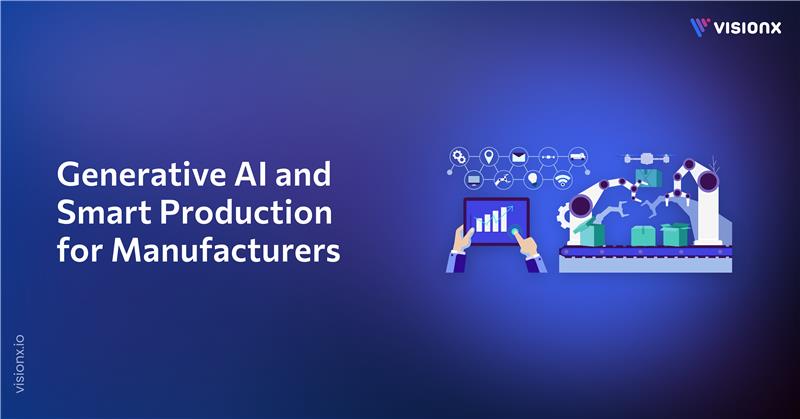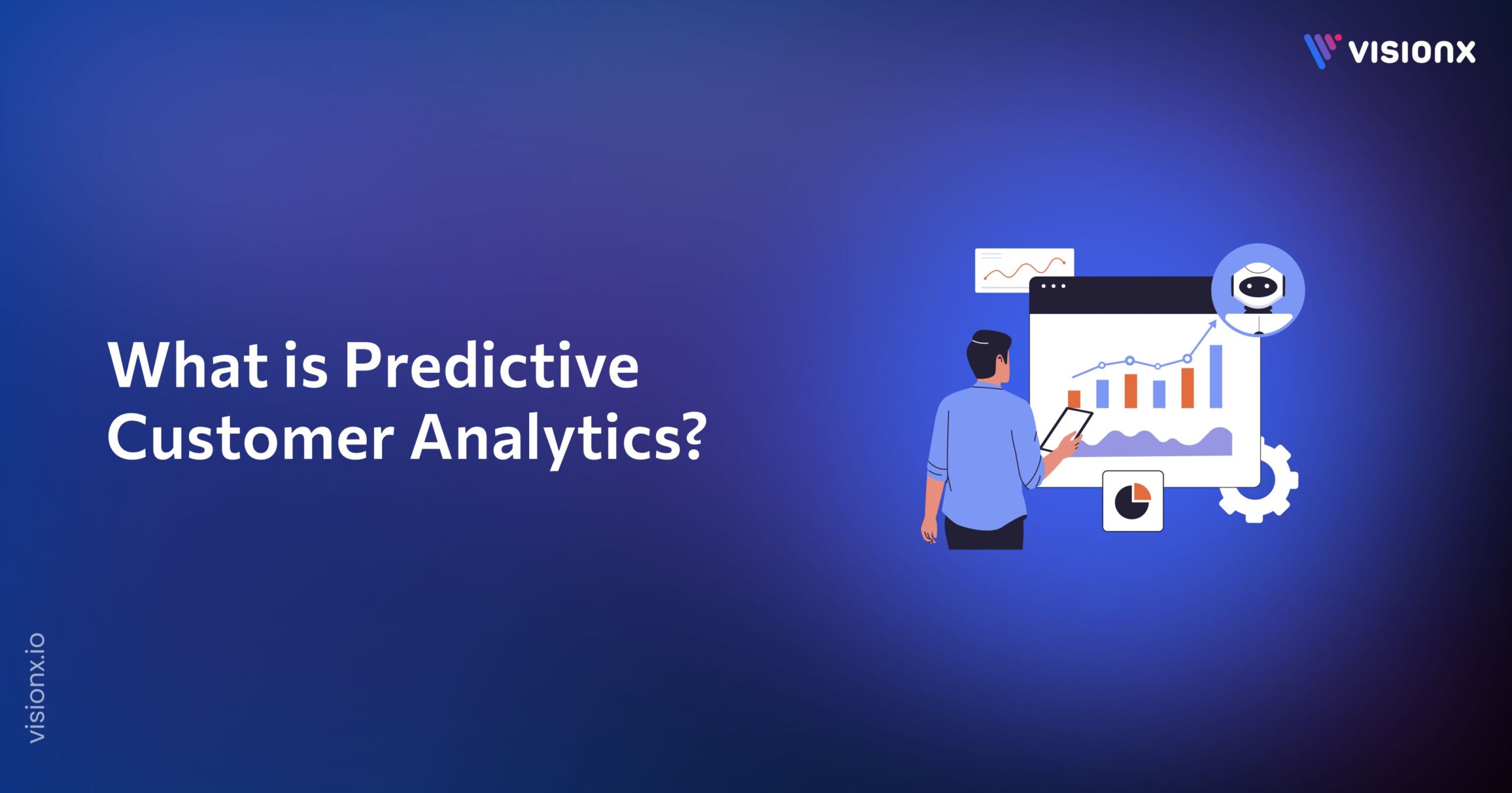Machine learning, a subset of AI, transforms technology by analyzing big data, making predictions, and automating tasks through core machine learning libraries. These libraries are vital AI and data science tools, offering essential resources for building intelligent applications.
Let’s uncover the world of machine learning libraries and their impact on data science. This guide explores open-source libraries, deep learning frameworks, and the relevance of C++, Java, and more, showcasing their potential to transform industries and drive innovation. It’s a vital resource for enhancing AI projects and embarking on data science journeys.
Understanding Machine Learning Libraries
These libraries are vital in AI and data science, offering pre-written code, algorithms, and tools for developing and running machine learning models and data analysis tasks. They provide an efficient way for data scientists, researchers, and developers to work with complex machine learning algorithms without starting from scratch.
Key Elements
- Libraries contain various algorithms, such as classification, regression, and clustering, designed for developers to use easily in their projects.
- Machine learning libraries include tools for assessing model performance with accuracy, precision, recall, and F1 score metrics.
- These libraries also offer data preprocessing features for cleaning and preparing data, ensuring accurate machine learning models.
- Furthermore, libraries allow users to visualize data with charts and graphs to identify patterns, trends, and outliers.
Importance
Machine learning libraries are vital for various reasons.
- They offer pre-built algorithms and functions that save time and effort during development, increasing efficiency.
- They make machine learning accessible in languages like Java, C++, and others, even for those without extensive mathematical knowledge.
- These libraries can handle large datasets and complex models, making them ideal for real-world applications because of their scalability.
Types of Machine Learning Libraries
There are various types of machine learning libraries, each catering to specific needs within data science and artificial intelligence. Some common types include:
Open-Source Libraries
Open-source machine learning libraries, maintained by dedicated communities, are indispensable tools in AI and data science. Some renowned ones are:
- Scikit-Learn, also known as sklearn, is a versatile library for traditional machine learning algorithms, offering efficient tools for regression, classification, and clustering tasks.
- Google’s TensorFlow is an open-source deep learning framework renowned for its flexibility and scalability, ideal for machine learning tasks like neural networks and natural language processing.
- Keras, an open-source deep learning library integrated with TensorFlow, provides a user-friendly interface for building and training neural networks, making it ideal for simplicity and rapid prototyping.
- OpenCV is one of the popular machine learning libraries. It assists machine learning developers and researchers in handling complex computer vision tasks. It finds extensive application in various fields, particularly in artificial intelligence, robotics, and image analysis, owing to its versatile features.
- Matplotlib is a widely-used Python library for creating static, animated, and interactive visualizations, providing a flexible and user-friendly method for creating charts, plots, and graphical data representations.
- XGBoost is a highly efficient library for gradient boosting, renowned for its predictive accuracy and widespread use in machine learning competitions and real-world applications.
- NumPy is a crucial Python library for numerical computing, supporting arrays and matrices for mathematical and statistical operations, especially in machine learning.
Commercial Libraries
Several commercial machine learning libraries have made a significant impact in the AI industry, each with unique strengths:
- Microsoft Azure Machine Learning: A Microsoft ecosystem component that offers a collaborative workspace, automated machine learning, and AI framework support.
- Amazon SageMaker (AWS): Simplifies the machine learning process from data labeling to model deployment, offering pre-built algorithms and custom models.
- SAS Machine Learning: A renowned analytics and business intelligence provider with an enterprise-grade platform for extensive data management and analytics.
- IBM Watson Studio: A comprehensive platform integrating data science, machine learning, and deep learning, supporting various programming languages and frameworks.
- Google’s AI Platform: Offers tools for developing, training, and deploying machine learning models, seamlessly integrating with Google Cloud services.
Deep Learning Frameworks
These frameworks are recognized for their versatility and capabilities. Popular options include:
- Berkeley AI Research’s Caffe is a highly efficient and modular deep learning framework, ideal for resource-constrained environments due to its speed and flexibility.
- Chainer is one of the open-source machine learning libraries developed by Preferred Networks, Inc., known for its dynamic computation graph, allowing on-the-fly network structure definition, making it ideal for research and experimentation.
- Theano, a 2007 framework developed by MILA at the University of Montreal, significantly contributed to the early stages of deep learning. Theano, a Python library, is a powerful tool for managing mathematical expressions in multi-dimensional arrays, particularly useful in deep learning and scientific computing.
- Apache MXNet is a user-friendly, efficient, and scalable deep learning framework. It supports multiple programming languages and offers a user-friendly interface for creating deep neural networks.
- PyTorch is a Python-based machine learning library used for deep learning, natural language processing, and computer vision. It offers a flexible, dynamic computational framework, automatic differentiation, GPU acceleration, and a user-friendly interface, backed by strong community support.
Programming Language-Specific Libraries
These Libraries are designed to support specific programming languages, facilitating data science projects within the context of that language.
-
C++ Machine Learning Library
Numerous C++ machine learning libraries and frameworks are available for creating models and applications. Here are some:
- CERES is an essential open-source library for nonlinear optimization in machine learning, although not a general-purpose tool for solving optimization problems.
- MLpack is a tool that helps developers perform machine learning tasks by offering efficient and scalable implementations of various algorithms.
- DyNet is a dynamic neural network library used for deep learning, NLP, and other machine learning tasks due to its flexibility and efficiency.
- FANN is a C library designed for creating and training artificial neural networks, offering efficient tools for efficient development and training.
- Dlib is a C++ machine learning library known for its simplicity and efficiency. It includes tools for image processing and face recognition. Additionally, it offers robust tools and user-friendly applications in computer vision and pattern recognition.
-
Python Machine Learning Library:
Python machine learning libraries are essential for machine learning and data science, enabling developers to create intelligent solutions, analyze data, and build models. Some are:
- Pandas is a powerful data manipulation library that offers efficient data structures and functions for data preprocessing and cleaning.
- Seaborn is a powerful Python library that creates visually appealing and informative data visualizations thanks to its rich features, themes, and color palettes.
- XGBoost is a highly efficient library for gradient boosting, renowned for its predictive accuracy widely utilized in machine learning competitions and real-world applications.
-
JavaScript Machine Learning Library
JavaScript libraries are vital for web developers to build dynamic and interactive web applications, with several prominent libraries enhancing web development. Some are:
- React is an open-source JavaScript library designed for creating user interfaces in web application development. It is known for its component-based architecture and virtual DOM, which optimizes performance.
- Google’s Angular is a robust web application framework known for its TypeScript integration and powerful tools, enabling dynamic app creation with features like dependency injection and two-way data binding.
- jQuery is a widely used JavaScript library in web development. It simplifies tasks such as HTML document manipulation, event handling, and animations, making it a popular choice among developers.
-
R Machine Learning Library
R is a robust programming language for statistical computing and graphics, with many libraries for data analysis, visualization, and machine learning.
- Caret is an R-based machine-learning library that simplifies the training and evaluation of models by offering a unified interface for various algorithms.
- Stringr is a valuable library for text manipulation, pattern matching, and string extraction, essential for text mining and data cleaning.
- Lubridate is a vital library for date and time, data management, simplifying parsing, formatting, and calculations, making it essential for time series analysis.
-
Java Machine Learning Library
A Java Machine Learning Library is a treasure trove of tools and resources designed to simplify the implementation of machine learning algorithms using the Java programming language.
Machine Learning in Java
Machine learning in Java combines the robustness of the Java programming language with the power of machine learning algorithms. Java’s versatility and extensive ecosystem make it a compelling choice for developing and deploying machine learning models. In this section, we’ll explore Java for machine learning and delve into the key libraries and techniques that make it a top choice for data scientists and developers alike.
Some of the major Java machine learning libraries include:
- JOONE is a Java-based open-source neural network framework designed for neural network design, training, and deployment.
- Weka is an open-source machine learning library in Java that offers a variety of data mining and machine learning algorithms, a user-friendly interface, and supports various data preprocessing tasks.
- DL4J is a Java-based deep learning library that integrates with Hadoop and Spark, ideal for creating deep neural networks and conducting large-scale deep learning experiments.
- MOA is a real-time data stream mining framework that uses machine learning to analyze continuous data streams as they come in.
- Encog is a Java machine learning library that supports neural networks, genetic algorithms, and other machine learning algorithms for predictive modeling and data mining.
Choosing the Right Library
Selecting the appropriate library for your project is a critical decision that significantly influences its success and efficiency.
Project’s Goals and Requirements
Before choosing a library, it’s essential to define your project’s goals and requirements, such as the purpose of your project, technical and functional requirements, and any constraints like budget or time limitations. Factors like performance, scalability, compatibility, and ease of use should be considered.
Performance and Scalability
Assess the library’s performance and scalability, especially for large datasets or user bases. Assess its efficient data processing, workload capacity, scalability, and availability of performance benchmarks or case studies.
Research and Evaluate Options
To effectively manage your project, research and evaluate available options. Look for C++ or Java machine learning libraries or frameworks suitable for your project’s domain. Read the documentation and user reviews, explore community support and resources, and compare libraries based on ease of use, learning curve, and available tutorials or courses. This thorough evaluation will help you make an informed choice for your specific machine learning project.
Licensing and Legal Considerations
Ensure the library’s licensing terms align with your project’s legal requirements, as some may have open-source licenses, while others may have usage restrictions or commercial licenses.
Consider Integration and Compatibility
The library should be compatible with your project’s programming language, tools, and infrastructure and easily integrate with your database systems. It’s important to consider any dependencies or conflicts with other libraries you plan to use.
Future Development and Maintenance
Choose an actively maintained and updated C++ or Java machine learning library to stay up-to-date with the latest technologies and standards. It ensures that your project benefits from the most recent advancements and remains well-supported by the developer community.
Selecting the suitable library for your project requires a thorough assessment of goals, requirements, compatibility, features, and community support, ensuring an informed choice that enhances project success.
Tips for Effective Implementation
Successful machine learning implementation necessitates a strategic approach. It involves utilizing best practices, optimization strategies, and avoiding common pitfalls. Additionally, seeking support from a reputable machine learning development company is beneficial.
Best Practices for Using Libraries:
Choose the suitable machine learning library, ensure high-quality data preprocessing, select the suitable algorithm, implement rigorous validation and cross-validation, and stay updated with the latest library versions to ensure optimal performance and model generalization to new data.
Strategies for Optimizing Your Machine Learning Projects
- Feature engineering involves enhancing the accuracy and efficiency of your model by experimenting with feature selection and engineering techniques.
- Utilize ensemble techniques like bagging and boosting to combine the strengths of various models.
- Distributed computing frameworks speed up training and prediction processes for large datasets.
Common Pitfalls to Avoid:
Prioritize data preprocessing, ensure interpretability, and be aware of ethical considerations when developing machine learning models to avoid inaccurate outcomes and ensure transparency.
Future Trends in Machine Learning Libraries
These libraries are advancing artificial intelligence and data science, with emerging trends shaping their future.
- Future AI libraries will prioritize explainability and interpretability, offer sophisticated AutoML solutions, and adapt to quantum computing.
- They will integrate federated learning training models across multiple devices while maintaining privacy and security.
- It will provide better support for GPUs and TPUs, offering a broader range of pre-trained models.
- They will be adapted for edge computing and IoT devices, reducing data transmission.
- Natural Language Processing (NLP) libraries will continue to improve with more models and transformers.
- Libraries will also enhance robustness against adversarial attacks, encourage collaboration, and enable large-scale model training.
Machine learning libraries are poised for increased accessibility, flexibility, and ethical considerations, paving the way for AI and data science innovation across diverse applications.
Wrapping Up
Machine learning libraries are crucial for modern data science and artificial intelligence, enabling developers to create intelligent solutions like image recognition and natural language processing. As these libraries evolve, they will be pivotal in driving innovation, improving model interpretability, and addressing ethical considerations. They will remain instrumental in making AI accessible and impactful in various domains, ensuring its continued growth and development.
VisionX is a leading company in the machine learning landscape, enhancing the capabilities of libraries that recognize faces in photos, understand spoken language, and make engaging recommendations. Their unique expertise and tools push the boundaries of what’s possible in this rapidly evolving field.
Join us to explore top machine learning libraries and discover how VisionX is shaping the future of AI-driven solutions.


